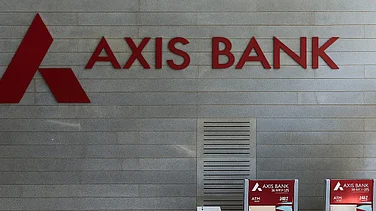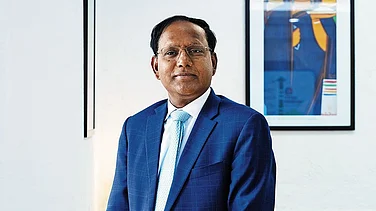NPCI International Payments Ltd. (NIPL) and the Reserve Bank of Peru have announced a partnership to enable a UPI-like real-time payments system in the Latin American country. NIPL is a wholly owned subsidiary of the National Payments Corporation of India.
This collaboration marks a significant milestone, making Peru the first country in South America to adopt the globally renowned Unified Payment Interface (UPI) technology, NIPL said in a statement.
"NPCI International Payments Limited and the Central Reserve Bank of Peru (BCRP) have announced a partnership to enable the deployment of a UPI-like real-time payments system in Peru," it said.
This strategic partnership empowers the BCRP to establish an efficient real-time payment platform within the country and facilitates instant payments between individuals and businesses.
NPCI International CEO Ritesh Shukla said this partnership aims to strengthen Peru's financial infrastructure and foster economic growth. Recently, the Bank of Namibia (BoN) and NIPL also signed an agreement to support the bank in developing an instant payment system like the Unified Payment Interface (UPI) in India.
In a statement, the NIPL said, “This collaboration marks a strategic leap towards strengthening Namibia’s financial infrastructure and fostering inclusive economic growth. By leveraging technology and experiences from India’s UPI, the partnership seeks to help Namibia modernize its financial ecosystem.”
Additionally, the RBI and the NIPL recently collaborated to take UPI to around twenty nations by the financial year 2029. As per the annual report of the RBI, along with the European Union and the South Asian Association for Regional Cooperation, the Indian government is also looking forward to exploring the Fast Payment System (FPS). The RBI report says, ““In light of goals for Viksit Bharat 2047, the Reserve Bank, along with NPCI International Payments Ltd. (NIPL), will work towards taking UPI to 20 countries with an initiation timeline of 2024–25 and a completion timeline of 028–29."
(With inputs from PTI)



























